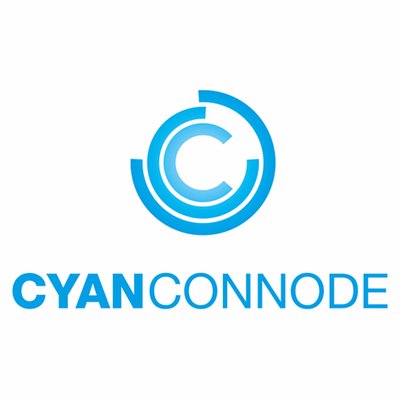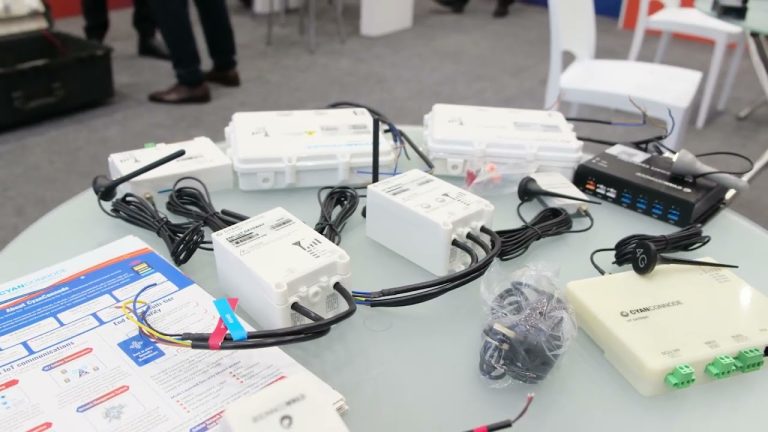An unexpected convergence of necessity and innovation is stirring beneath the surface of energy networks, forging an undercurrent of possibility that few anticipated.
Modern power grids are evolving beyond mere conduits for electrons into intelligent ecosystems capable of sensing, adapting and optimising in real time. This transformation is propelled by an intricate tapestry of technologies and partnerships, each thread reinforcing the integrity of supply while unlocking new avenues for efficiency. As these networks embrace digitalisation, they are beginning to reveal patterns of demand and behaviour with a precision that was unimaginable a decade ago. Investors attuned to these developments are finding that the unremarkable utility meter, once prized only for its simplicity, now holds the promise of reshaping the economics of power delivery.
At the heart of this shift lie advanced metering infrastructures that deliver granular visibility into consumption. These systems replace the static paradigm of periodic reads with dynamic, two-way communication channels that empower both providers and consumers. On one side of the connection, utilities gain the foresight to anticipate peaks and troughs in demand, reducing reliance on expensive peak-time generation and mitigating the risk of blackouts. On the other, customers receive actionable insights that can guide their usage patterns, from shifting loads to off-peak periods to integrating renewable sources without destabilising the grid.
Real-time data streams from smart meters also enable far more refined tariff structures. Instead of blunt, time-of-use pricing, utilities can design flexible schemes that reflect the true cost of energy at any given moment. This capacity not only incentivises consumers to modify their behaviour but also smooths revenue volatility for suppliers by aligning billing more closely with operational costs. The outcome is a virtuous cycle: improved profitability for utilities, savings opportunities for consumers and a more resilient network overall.
Yet the scale and complexity of deploying millions of such devices cannot be understated. Connectivity must be secure, reliable and cost-effective, especially in regions where infrastructure budgets are tight. Here, innovative companies are leveraging mesh-network architectures that knit smart meters into self-healing, decentralised webs of communication. Each meter becomes both a sensor and a relay, extending coverage and minimizing the need for costly base stations. Over time, this model proves more scalable and fault-tolerant than traditional cellular or satellite approaches.
Among the pioneers in this domain, CyanConnode has emerged as a noteworthy collaborator, offering its expertise in narrowband radio and edge computing to underpin these mesh networks. By tailoring solutions to diverse geographies and regulatory frameworks, the company helps utilities overcome connectivity hurdles that might otherwise stall modernisation efforts. Its platforms facilitate seamless interoperability with existing grid infrastructure, reducing integration risks and accelerating time to value. For investors, such alignment with real-world challenges underscores the potential for widespread adoption and recurring revenue streams.
Beyond metering, the data harvested by these networks paves the way for ancillary services that redefine the relationship between supply and demand. Predictive maintenance algorithms can flag emerging faults in equipment before they escalate, saving millions in repair costs and unplanned outages. Demand-side management programmes can be fine-tuned to aggregate load-shedding or storage dispatch, capitalising on market arbitrage opportunities. Even new business models, like peer-to-peer energy trading, become feasible when every node in the grid can authenticate and record transactions securely.
However, realising this vision entails navigating regulatory, technical and cultural obstacles. Standards for data privacy and cybersecurity must evolve in lockstep with technology. Grid operators require new skill sets to interpret analytics and manage distributed resources. Consumers need assurance that their personal information is protected and that smart metering will not translate into intrusive monitoring. Vendors and utilities must therefore collaborate on robust governance frameworks and user-friendly interfaces to build trust and drive participation.
Despite these challenges, the trajectory is unmistakable. Governments worldwide are mandating meter upgrades as a cornerstone of decarbonisation strategies, recognising that efficiency gains at the distribution level are as vital as expanding renewable capacity. The confluence of policy incentives and declining hardware costs is creating fertile ground for rapid deployments, particularly in emerging markets where grid resilience remains a priority. In such contexts, modular mesh solutions delivered by companies like CyanConnode can leapfrog legacy technologies, delivering modernisation at a fraction of the traditional expense.
For investors, the smart metering wave offers a multi-layered opportunity. There is the direct upside from hardware and software sales, but also the peripheral gains from enhanced service offerings, data analytics platforms and value-added consultancies. As the lines between utility, technology provider and data analyst blur, those who position themselves at the intersection are poised to capture a disproportionate share of the ecosystem’s growth. Success will favour those who understand not only the engineering but also the regulatory landscape and customer psychology that underpin adoption.
Smart metering is not simply a technical upgrade; it represents a paradigm shift in how power is distributed, consumed and monetised. By transforming static networks into living organisms that learn and adapt, the industry is unlocking a new frontier of operational efficiency and innovation. Companies that can seamlessly integrate advanced connectivity solutions like mesh networking into diverse grid environments will find themselves at the vanguard of this transition, as utilities seek partners to guide them through an ever more complex energy landscape.
CyanConnode Holdings plc (LON:CYAN) is a world leader in the design and development of Narrowband RF mesh networks that enable Omni Internet of Things (IoT) communications.







































